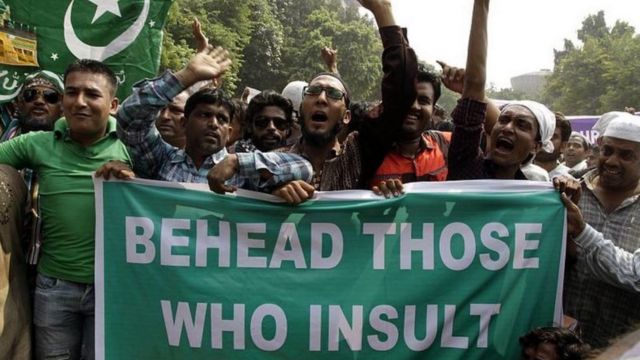
Almost 77 years after the creation of Pakistan, the promise of a state where minorities would live freely is becoming increasingly distant. The recent mob lynching of a 40 year old man in Swat on accusations of blasphemy simply reinforce how many around the world view Pakistan – as a country that is not safe for anyone to live in. How can such a country build its economy and attract investment if the state allows vigilantes to run amuck!
As former editor of Dawn, Abbas Nasir wrote in his recent column “when the state makes your faith and mine its business, groups representing vested interests take it upon themselves to decide the interpretation of the faith. Not just this, enforcement of their interpretation of the law (basically mob rule) becomes the order of the day.”
Nasir notes that the Pakistani “state is culpable in more ways than one. Over the years, it has weaponised faith as a force multiplier to be used to meet external challenges — in other words, to fight wars which weren’t of any benefit to us but brought riches and immense powers to those at the helm. For example, the establishment is often rightly cited for its role in fomenting extremism for its foreign policy goals, which it has also called ‘national security imperatives’. It is for all to judge what national security has gained from these policies. The policies continue to draw the blood of our civilians and soldiers.”
As Nasir writes, “The heartache is indescribable. Former dictator Gen Ziaul Haq may have been the worst culprit in promoting extremism and intolerance for narrow personal gains but, tragically, he isn’t the only one. Since he was killed 36 years ago, which military leader has tried to stem the rot in any meaningful manner? None, if I am honest. You would be right in asking about the role of the civilian leaders. Well, the mention of ‘national security’ and any Pakistani will instinctively tell you that the civilian leadership is wholly marginal to decision-making in the area. We saw what Nawaz Sharif had to face when he raised the issue of militant surrogates with the establishment leaders.”
In conclusion, Nasir laments “we are a nuclear power and have often declared our desire to be among the leading economies of the region in the future. But let’s not be delusional. Extremism is eating away at our very roots. If we remain helpless in tackling it head-on, our fate will be no different to that of other basket cases around the world.”
![]()





